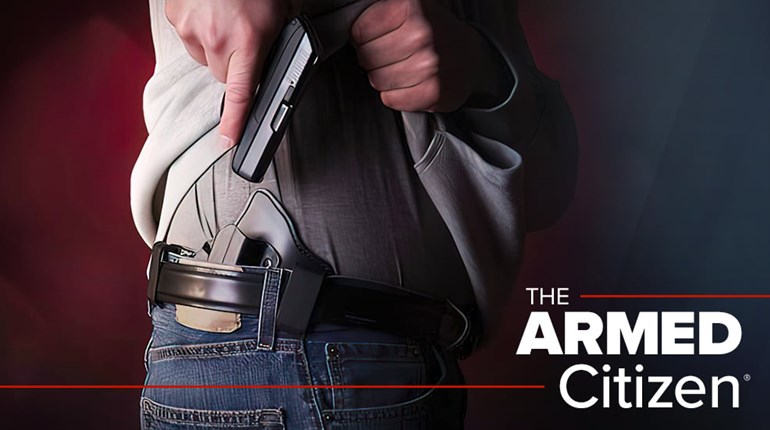
Like so many federal agencies in these hyper-politicized times, the Bureau of Alcohol, Tobacco, Firearms and Explosives (ATF) has a dilemma.
No doubt they are staffed with a lot of good people with important jobs to do—I have met and interviewed a bunch of impressive ATF agents for articles for various publications and books—but, at the same time, the ATF is an agency that has too often been used by administrations for political goals.
Once the ATF was actually a part of the Internal Revenue Service (IRS)—now there’s a negative association—but today they are an arm of the U.S. Department of Justice (DOJ). The DOJ also oversees another law-enforcement agency that has too often acted politically lately, the Federal Bureau of Investigation (FBI). The FBI’s adventures into presidential politics and more have gotten a lot of national attention lately, but officials attempting to use the ATF for political advantage (see “The ATF Shouldn’t Be Political” on p. 22) have also generated controversy.
The ATF’s “Fast and Furious” gun-running scandal, a once-secret “crime-fighting” operation in which the ATF told gun-store owners to allow known bad guys to buy as many guns as they wanted, blew up in congressional hearings about a decade ago after a U.S. Border Patrol agent was likely killed with a gun the ATF allowed to be bought illegally. As the Obama administration used executive privilege to keep a lot about this scandal from the public, and the DOJ massively redacted (blacked out) large portions of revealed documents, there is still much we don’t know about that insane operation. The ATF also oversaw and made big mistakes in the explosive Ruby Ridge and Waco catastrophes in the 1990s. These, however, are merely the most-famous mistakes made by this law-enforcement agency.
For a more-recent example, see p. 16 (“The ATF Moves to Unilaterally Define What a Gun Is”), in which we take a closer look at how this law-enforcement agency is trying to rewrite laws—a task that the U.S. Constitution specifically reserves for the U.S. Congress.
Or consider that, last year, President Joe Biden (D) nominated a gun-control group employee, David Chipman, to be the director of the ATF. And that, as this was going to print, after Chipman couldn’t get enough votes in the U.S. Senate, Biden had nominated another gun-control advocate, former U.S. Attorney Steve Dettelbach, to run the ATF (for more on this, see “A Gun-Control Activist Should Not Run the ATF,” p. 56). These are open and hostile attempts to politicize a law-enforcement agency that oversees gun stores and manufacturers.
Meanwhile, President Biden has repeatedly told us that gun stores and manufacturers are responsible for the recent surge in violent crime. This claim, of course, isn’t just provably untrue—after all, gun sales went up for decades as violent-crime rates largely fell—but it also has to be creating friction in the important relationships ATF agents have with employees at gun stores and manufacturers.
When politics, such as the dishonest rhetoric we hear from President Biden, attempts to divide law-abiding gun owners and dealers from law enforcement, we have a conundrum that isn’t helpful to making America a safer nation. But this is where the Biden administration has taken us.


































